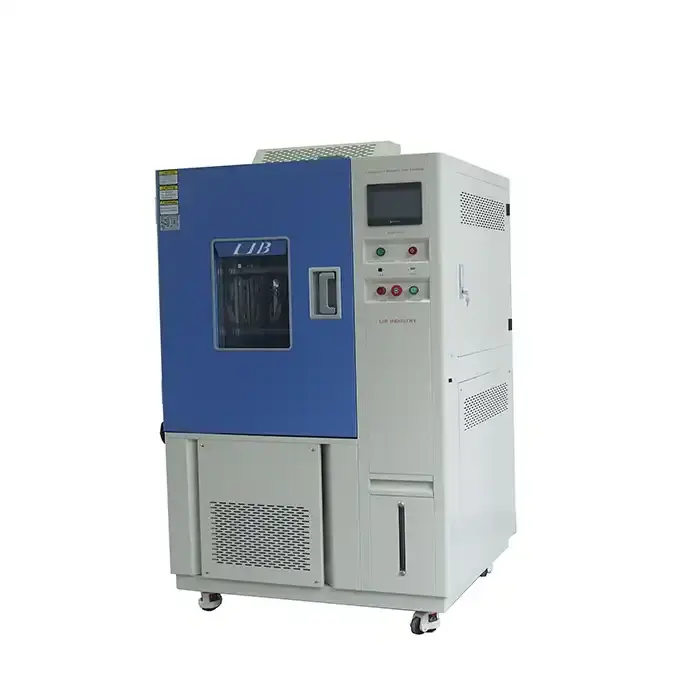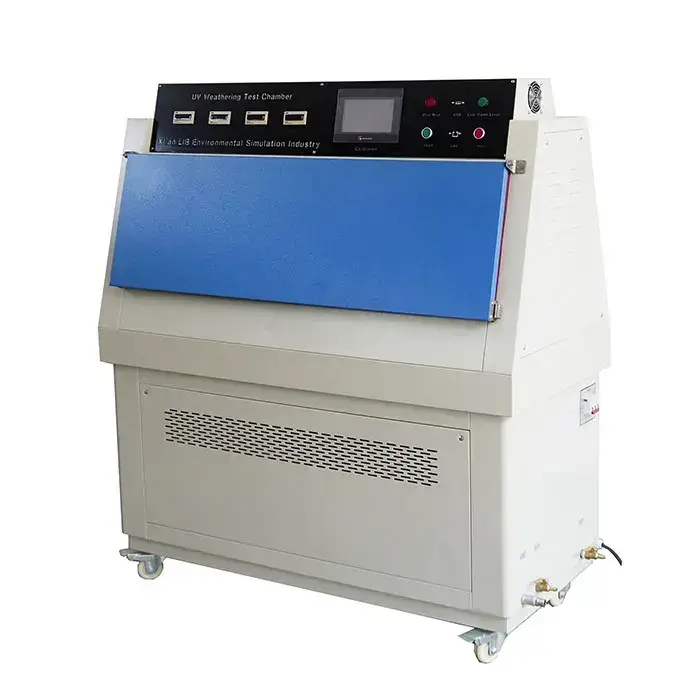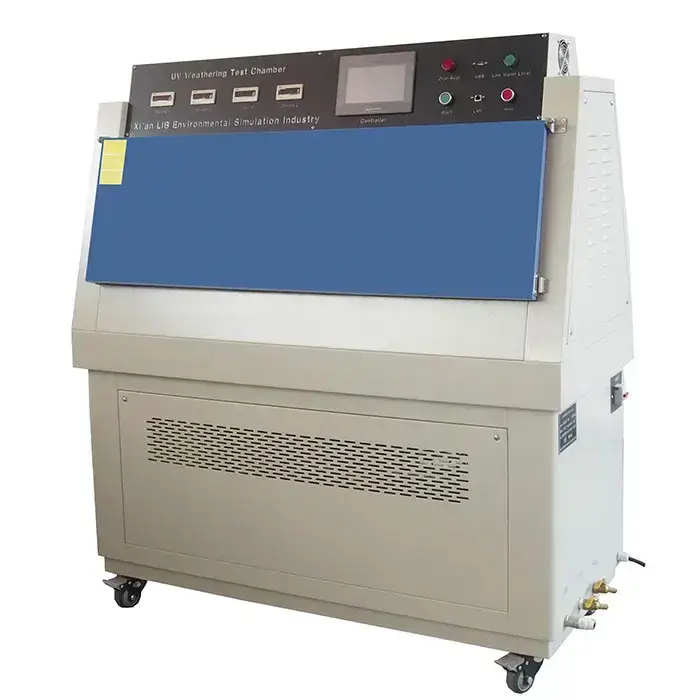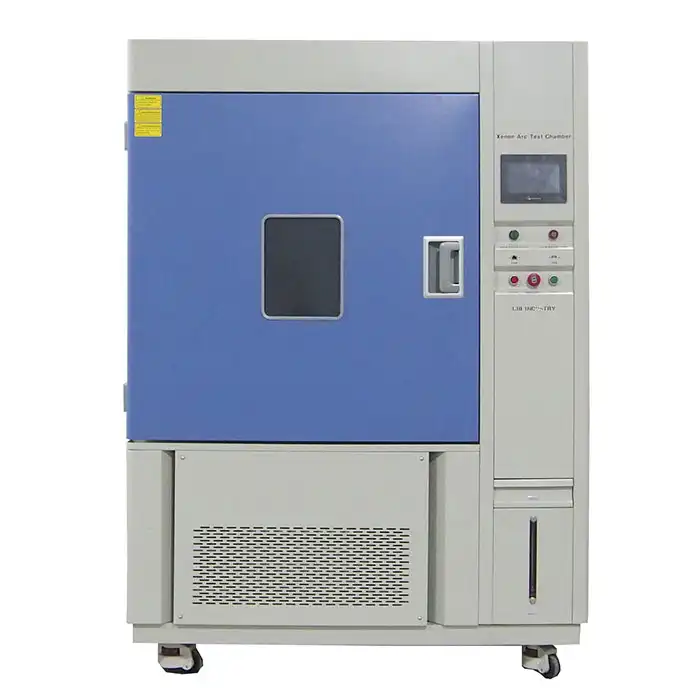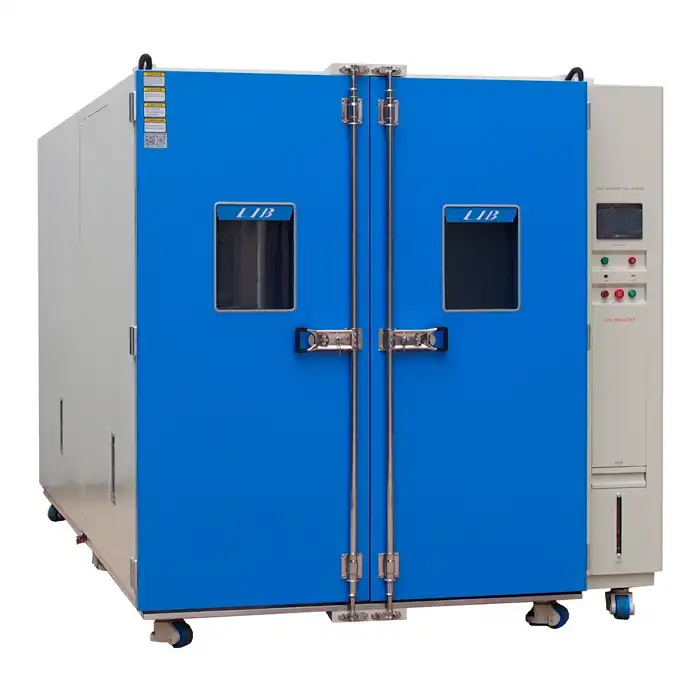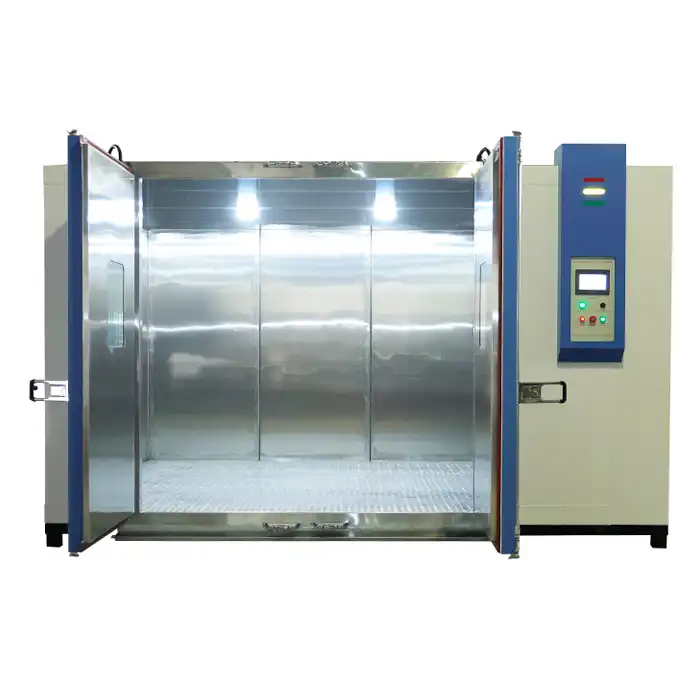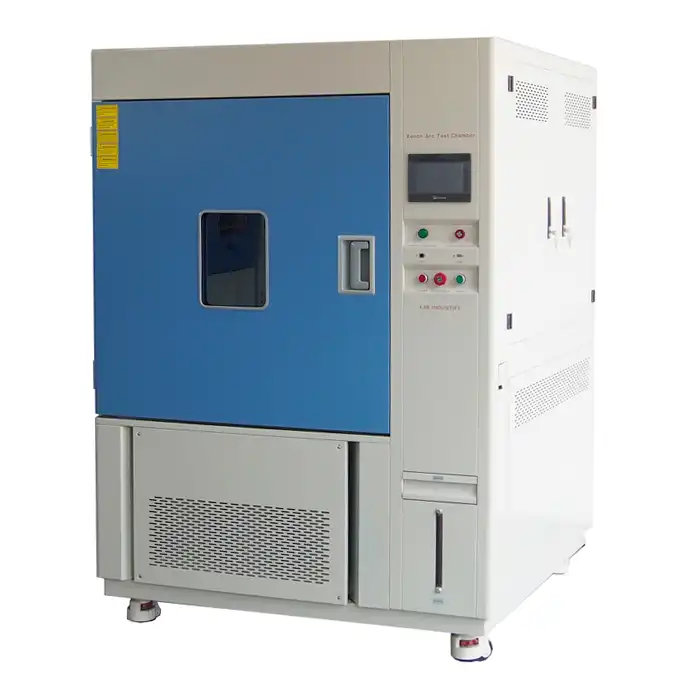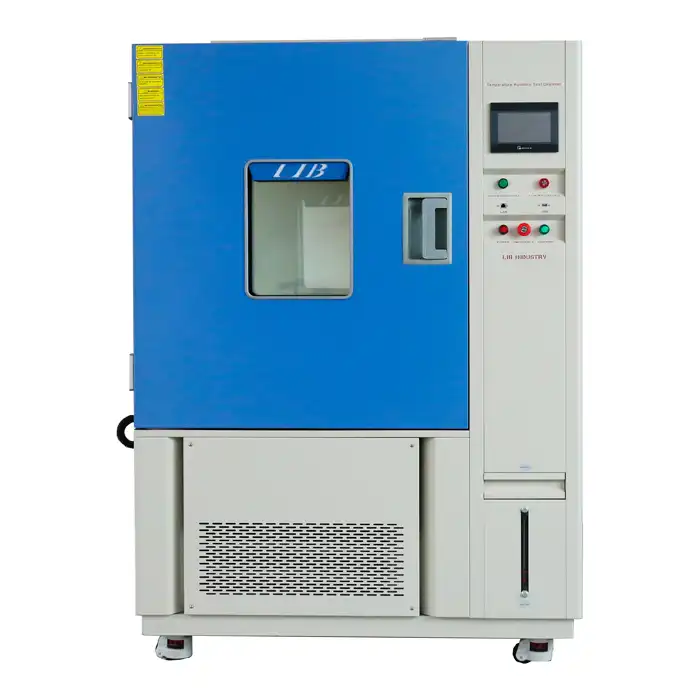PV Environmental Chambers: Your Key to Reliable Solar Energy
The solar industry's rapid growth hinges on one crucial factor: reliability. To ensure photovoltaic (PV) modules stand the test of time and extreme conditions, PV environmental chambers are indispensable. These chambers simulate the harshest environments, helping manufacturers predict how solar panels will perform over decades.
Simulating Extreme Conditions for Photovoltaic Module Durability
Solar panels face constant exposure to the elements - intense heat, cold, humidity, and UV radiation. To ensure they withstand these challenges, PV environmental chambers simulate these extreme conditions in a controlled environment. Through rigorous testing, manufacturers can identify potential weaknesses in photovoltaic modules before they reach the market.
For example, during high-temperature testing, chambers can simulate temperatures exceeding 85°C to observe how materials expand, contract, and degrade over time. Similarly, humidity tests replicate tropical environments, where moisture can seep into panels and corrode internal components. These tests are crucial, as real-world data shows that exposure to high humidity levels for extended periods can reduce a solar panel's efficiency by up to 20%.
Simulating these conditions helps manufacturers fine-tune their designs, ensuring that their products meet or exceed industry standards such as IEC 61215 and IEC 61730. By subjecting PV modules to these stressful environments, companies can guarantee that their panels will perform reliably across a variety of climates and conditions, ensuring long-term energy production for consumers.
Accelerated Aging and Failure Prediction in Solar Technology
The longevity of a solar panel is a key concern for both manufacturers and consumers. While panels are generally designed to last 25-30 years, environmental factors can cause accelerated aging. PV environmental chambers allow manufacturers to predict how panels will age over time and identify potential points of failure before they occur.
By using accelerated aging tests, chambers expose photovoltaic modules to cycles of intense heat, cold, and UV radiation, mimicking years of wear and tear in just a matter of weeks. For instance, thermal cycling tests, which subject panels to repeated cycles of extreme temperature changes, can detect microcracks in solar cells, a common cause of efficiency loss in aging panels.
In one study, researchers found that thermal cycling could accelerate the aging process by up to 50 times the normal rate, enabling manufacturers to predict long-term performance with greater accuracy. These tests are invaluable for improving the reliability of solar technology, ensuring that panels can continue producing energy even after decades of use.
Comprehensive Environmental Stress Screening for PV Modules
Environmental stress screening (ESS) is a vital step in the quality control process for photovoltaic modules. ESS involves subjecting solar panels to a series of stress tests that simulate real-world environmental conditions. By identifying vulnerabilities early on, manufacturers can make necessary adjustments before mass production, reducing the risk of field failures.
PV environmental chambers play a key role in ESS by exposing modules to thermal shock, vibration, and humidity cycling. For example, chambers can simulate rapid temperature changes, which are common in desert environments where daytime and nighttime temperatures can vary dramatically. Sudden shifts in temperature can cause materials to expand and contract, leading to potential defects such as delamination or solder joint failures.
By incorporating comprehensive environmental stress screening, manufacturers can ensure that their photovoltaic modules are not only efficient but also durable in the face of diverse environmental challenges. This screening process is essential to maintaining the integrity of solar systems deployed in different regions, from arid deserts to humid coastal areas.
LIB PV Environmental Chamber
When it comes to high-quality testing solutions, the LIB PV environmental chamber stands out as a leading choice for photovoltaic module manufacturers. Designed specifically for testing solar panels, LIB chambers offer a range of advanced features that make them an ideal tool for simulating the harsh conditions that PV modules encounter in the real world.
One of the key advantages of the LIB PV environmental chamber is its ability to simulate extreme temperature and humidity conditions with precise control. The chamber can reach temperatures ranging from -70°C to 150°C and maintain humidity levels between 10% and 98%. This wide range allows for comprehensive testing of PV modules under various environmental stressors. Additionally, the chamber's advanced control system enables accurate monitoring and adjustment of test conditions, ensuring reliable and repeatable results.
Another important feature of the LIB chamber is its energy efficiency. With low power consumption and a user-friendly interface, it provides manufacturers with an eco-friendly and cost-effective solution for testing their products. The chamber also offers customizable test programs, allowing manufacturers to tailor test conditions to specific requirements, such as thermal cycling, damp heat, and UV exposure.
By investing in the LIB PV environmental chamber, manufacturers can enhance their product development process, reduce the risk of failures in the field, and deliver high-quality solar panels that meet the demands of the global market.
Contact LIB Industry today at ellen@lib-industry.com to learn how our PV environmental chambers can help you deliver top-tier solar technology.
References
1. "Photovoltaic Reliability: Testing for Long-Term Performance in Solar Modules" (Journal of Renewable Energy)
2. "Environmental Stress Screening and Its Role in Solar Panel Development" (Solar Energy Materials & Solar Cells)
3. "Accelerated Aging Methods for Predicting the Lifespan of Photovoltaic Modules" (Progress in Photovoltaics)
4. "The Impact of Environmental Factors on Solar Panel Efficiency and Durability" (International Journal of Energy Research)



